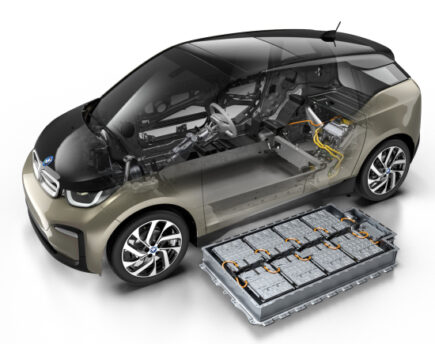Vehicle OEM BMW Group has signed a €100 million supply deal to secure a ethically sourced cobalt supply from Morocco as the company extends its electric vehicle fleet.
The supply contract will see BMW firm source around a fifth of its cobalt needs for its electric drive trains from Moroccan mining company Managem Group.
The German company will source the remaining four fifths of its cobalt from Australia— thus navigating concerns about the sourcing of the raw material from the Democratic Republic of the Congo (DRC).
The five-year contract between the firms lasts up to 2025. The deal follows a memorandum of understanding between the firms on the direct purchase of cobalt from Marrakesh in January 2019.
BMW expects its cobalt demand to roughly triple by 2025 as it aims to launch 25 electrified models— more than half of them fully-electric— within three years.
Ralf Hattler, senior vice president purchasing indirect goods and services, raw material, production partner at the BMW, said: “For us, ethically responsible raw material extraction and processing starts at the very beginning of the value chain: We take a keen interest in battery cell supply chains that extends all the way down into the mines themselves.”
Historically, BMW has sourced cobalt from: Australia, DRC, Finland, Madagascar, and Russia.
From this year, BMW will source lithium, as well as cobalt, directly and make those raw materials available to its battery cell manufacturers CATL and Samsung SDI.
The BMW Group will also cease to use rare earths in its fifth-generation electric drive trains from 2021.
The BMW Group will obtain battery cells for its fifth-generation electric drive trains from CATL (order volume: €7.3 billion from 2020 to 2031) and Samsung SDI (order volume: €2.9 billion from 2021 to 2031).
The BMW Group produces batteries in-house at its plants in Dingolfing (Germany), Spartanburg (USA) and at the BBA plant in Shenyang (China). The BMW Group has also localised battery production in Thailand, where it works with the Dräxlmaier Group.












